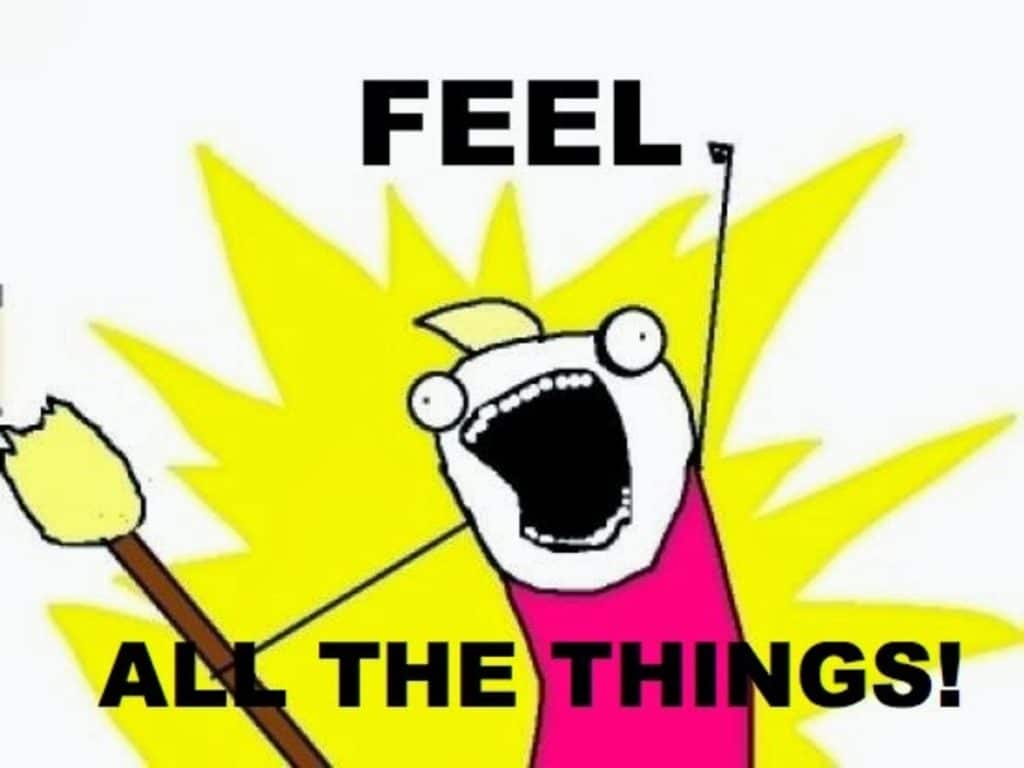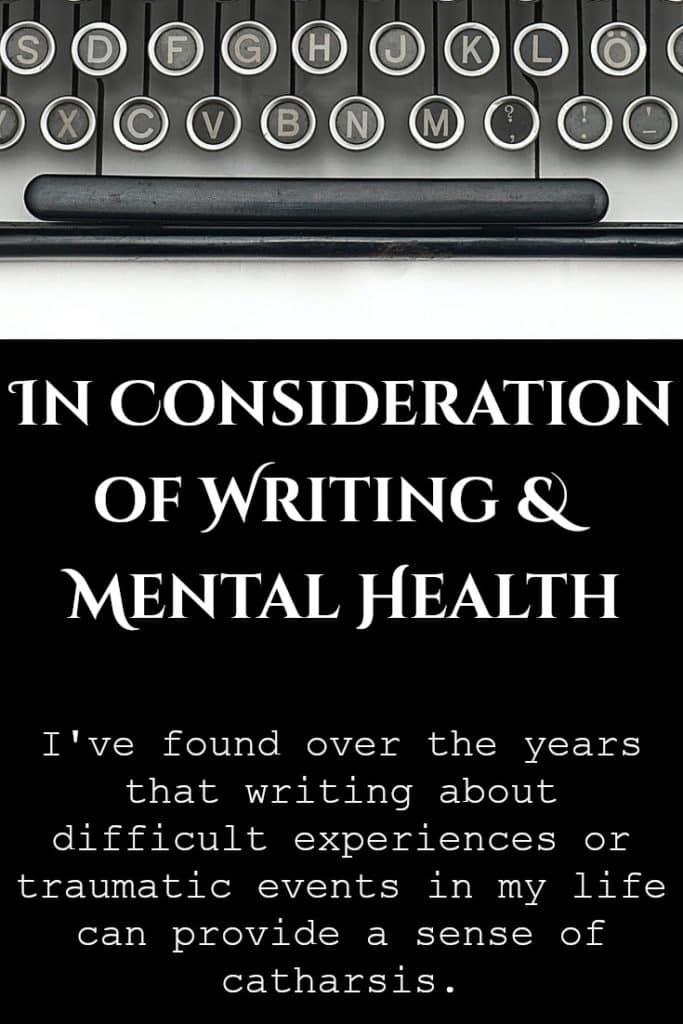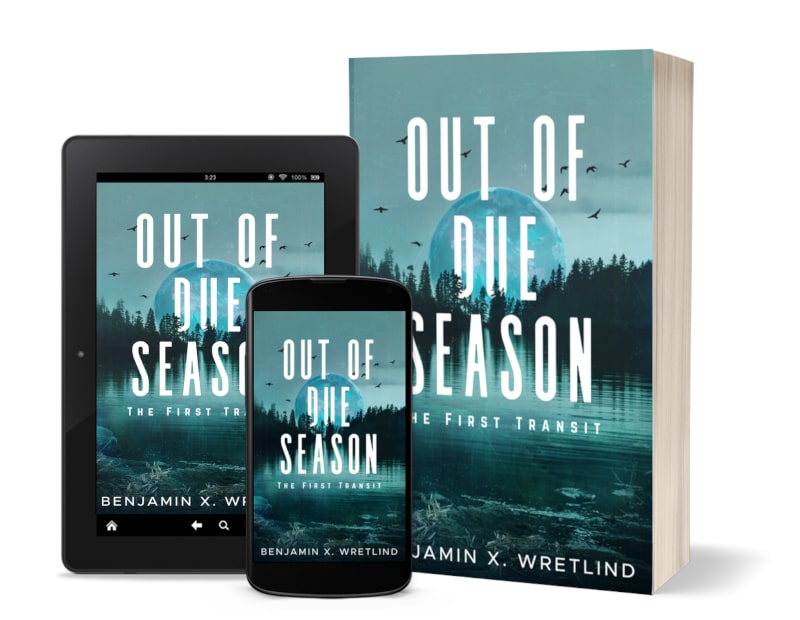In Consideration of Writing & Mental Health

I’ve been a writer for a few years now. Something like fifty. Give or take. In that time, I’ve learned a few things about self-expression and the healing power of a pencil.
Or pen, typewriter, computer, crayon. Whatever.
I used to work at a community mental health center as a process improvement consultant, and one of the programs I really admired –and found statistically better than many others–was art therapy. Cool.
But there wasn’t creative writing therapy. Not cool.
Self-expression is the act of communicating your thoughts, feelings, and emotions through various mediums such as art, writing, music, and dance. It allows you to convey your innermost thoughts and experiences in a way that can be understood by others. Self-expression is an essential aspect of human nature.
So why stop at just art therapy? This is merely a thought, one that’s been swimming around in my brain for years. I’m not saying the CMHC I worked for was doing anything wrong, but I do wonder what such a program might look like.
After all, writing has huge therapeutic benefits that can improve mental health and well-being.
Writing can also help to release emotions and reduce stress, as well as increase self-awareness and self-esteem. I’ve found over the years both in this blog and in standard prose, that writing about difficult experiences or traumatic events in my life can provide a sense of catharsis. In a way, it’s helped me cope with and make sense of my emotions.
That’s important, as I am an emotionally dumb person.
An emotid-iot.
An e-moron.
You get the point.
The Role of Writing in Mental Health
When I write, I’m finally able to slow down and examine my thoughts and emotions more closely through the behavior and internal dialogue of my characters. You can do the same.
There are several potential benefits. For example: writing out your thoughts gives you the ability to reduce stress and anxiety. I don’t know about you, but when I’m stressed or anxious, my thoughts can become jumbled and overwhelming. Imagine a spastic squid trying to get out of my head. It can be difficult to cope.
Writing a fight scene, a death scene, or even a breakup can provide a way to release those negative emotions and provide a sense of clarity and calm. Who doesn’t want that?
In addition, writing can improve our self-esteem by allowing us to express our thoughts and feelings in a safe and supportive environment. The writing community is one of the most helpful and supportive I have ever been involved with. Use them.
Tips for Incorporating Writing into a Mental Health Practice
Finding time and motivation to write can be a challenge, especially if you have a busy schedule or struggle with writer’s block. This is why I think putting a little structure behind it–say in a creative writing therapy program–might help. Without such a program, however, there are still some strategies you can try to help you find the time and motivation to write.
One strategy is to set aside a specific time each day or week to write. I have “Writing Time” in my daily calendar each morning from 4:30 to 6:30. It keeps me on track (and yes, it’s early).
You could designate a certain time of day to write or set aside a specific day each week to focus on writing. It doesn’t have to be two hours. It can be fifteen minutes. Maybe half an hour. The point of designating a time is to help establish a routine and make writing a regular part of your schedule.
Another strategy is to find a writing partner or join a writing group. This is where I think a creative writing therapy program would have the greatest benefits. Having someone to share your writing with can provide motivation and accountability, as well as the opportunity to receive feedback and support.
Are you goal oriented? You could try setting goals for yourself, such as writing a certain number of words each day or completing a specific writing project by a certain date. This can help to provide a sense of purpose and focus to your writing. There is a downside to this, though: we often don’t like deadlines looming over our head, even if we set them ourselves.
Here are some other ideas which I have found helpful at various times in my life:
- Free writing: Set a timer for a certain amount of time (such as 10-15 minutes) and write without stopping or censoring yourself. You can use this exercise to explore your thoughts and emotions or to brainstorm ideas.
- Prompts: Use a writing prompt, such as a word, phrase, or image, to get started. You can find writing prompts online or create your own. This site is pretty cool: https://www.servicescape.com/writing-prompt-generator So is this one: https://writingexercises.co.uk/plotgenerator.php and this one: https://www.seventhsanctum.com/index.php
- Journaling: Keep a daily or weekly journal where you write about your thoughts, feelings, and experiences. This can be a helpful way to reflect on your life and process your emotions.
- Letters: Write a letter to someone, whether it’s a real person or a fictional character. This can be a creative way to explore your thoughts and emotions and express yourself.
- Poetry: Try writing poetry as a way to express your thoughts and feelings in a creative and artistic way. The poems don’t have to be good. Just take a look at my crap–er, expressions of self.
By finding strategies to make time for writing and experimenting with different writing prompts and exercises, you can use writing as a way to process your thoughts and feelings, reduce stress and anxiety, improve self-esteem, and promote self-awareness.
It doesn’t matter if you’re a published author with a hundred books or new to the world of writing. Putting words on paper can be a rewarding and enriching activity which will benefit both your mental and emotional well-being.
As the saying goes: do it daily.



















